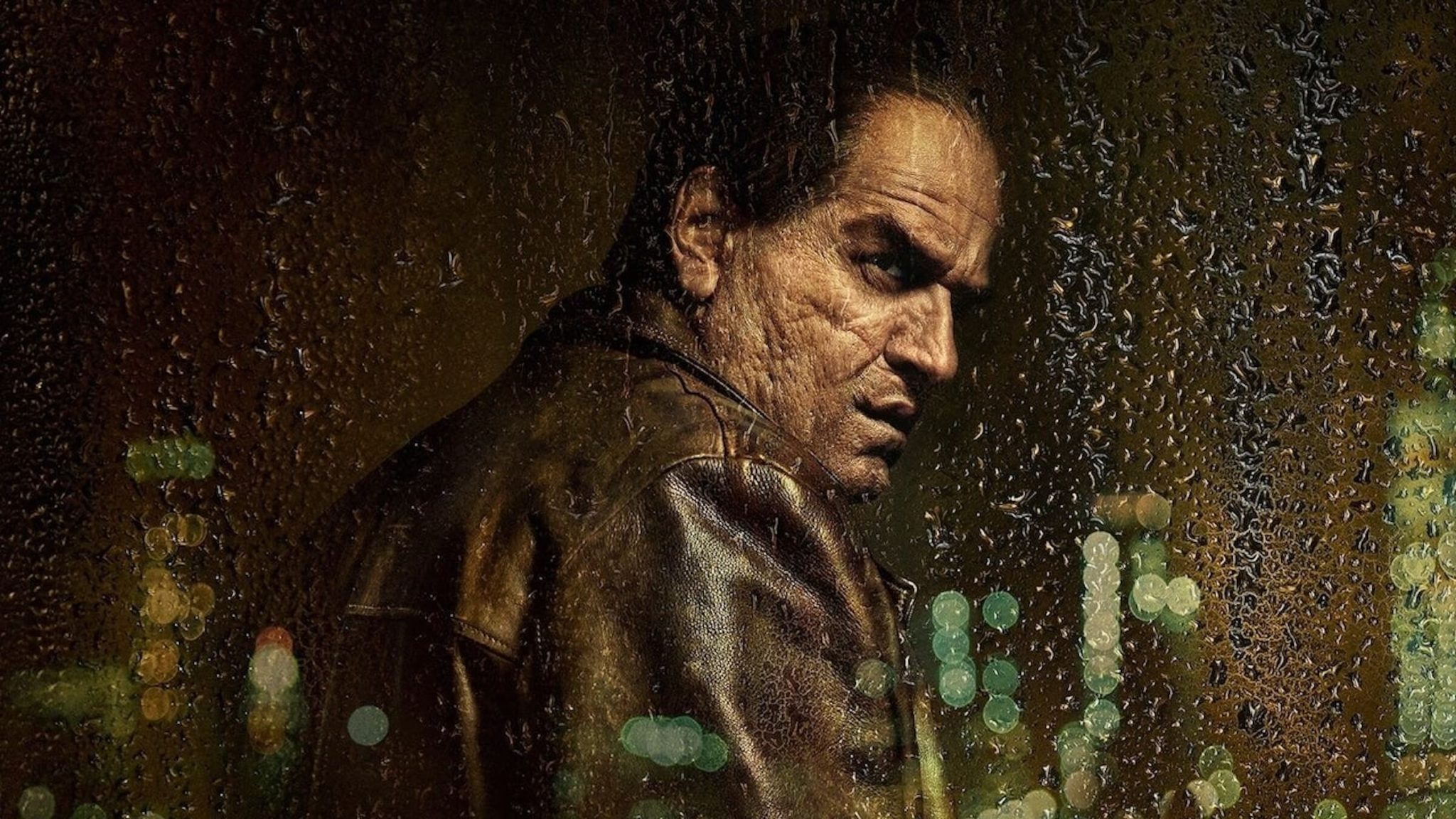7 Lessons from Staffing in a TV Writers Room

2019 ScreenCraft Screenwriting Fellowship recipient, Lucy Luna, was hired by Warner Bros as a staff writer on The CW’s Two Sentence Horror Stories and will receive an episode credit. After winning, she signed with Brillstein Entertainment Partners through ScreenCraft’s introduction and later signed with the Agency for the Performing Arts. Here's her guest blog post for ScreenCraft:
I recently finished my wonderful experience of writing for the second season of The CW's Two Sentence Horror Stories, and I thought I’d share a few lessons that I learned and will take with me always.
1. THE INTERVIEW: YOUR PERSONAL STORY MATTERS
It’s true what they say: be prepared to talk about you. Link your personal story to the type of show you’re interviewing for. Two Sentence Horror Stories is, of course, a horror show, so I would’ve been naive to go in and talk about my worst breakup. I brought in the story of how I grew up in a morgue. My mom was a medical examiner back in the day, and there were many nights where it was just me, my mom, and the dead (my mom worked the night shift and we couldn't afford a babysitter). I would sleep in a cot in a file room; however, there was a time when I never wanted to fall asleep out of fear of never waking up. This upbringing surrounded by introduction to death was unique and valuable to get staffed on a horror show.
2. THE ROOM: OBSERVE AND ABSORB
I was really scared about talking too much or being too quiet. It took me a second to find the balance. If this is your first job, and even if it isn’t, read the room! Two Sentence Horror Stories treated us all equally despite our titles. From staff writers to all levels of producers, all ideas and voices were equally welcome, however, every room is different, and it’s important to give yourself time to see how your showrunner runs the room.
3. LISTENING IS A SUPERPOWER
Sounds simple, right? Easier said than done. As creatives, we have ideas running in our heads and have the urge to put them out there. I would often get excited about a particular beat and found myself wanting to share my input before the thought disappeared. If this is you: grab a notepad, write down your input, and wait for your turn; don't interrupt people. When someone else is speaking, listen, truly listen. Our room was filled with silences at times while we were processing and really taking in what was just said. That was truly beautiful.
4. TAKE NOTES/FEEDBACK
This sounds easy and obvious, but you’d be surprised by how hard it is.
This is an effect of the previous point, truly listening allows us to understand the notes from showrunners, producers, network, etc. Many times, yes, there are major changes needed, but I noticed many notes came from lack of clarity, things that are just not coming across and therefore raised questions. Understanding the note allows you to come up with the best solution. Do I have to rewrite the whole first act or do I just have to clean it up? If you listen, you’ll know.
Please, do not be defensive. No one wants to work with someone who can’t take a note. Ask questions if you have any but getting defensive will help no one, remember, you’re all on the same team. I understand notes sometimes trigger insecurities, but you just need to remind yourself that you are an amazing writer, you are staffed on a TV show, and that this process is normal.
5. LET OTHERS SPEAK
Many writers love to give background on where an idea or a note is coming from; “when I was little, my dad took me to the zoo…” and now we are off on a ten-minute tangent on gorillas. Get to the point. Time is precious. There are deadlines to meet and other writers have ideas too.
I learned to give the note or idea straight away, and would only provide context if I had to back it up or if it wasn’t coming across.
Additionally, when someone gives you a note or pitch, let them finish. Again, our heads are constantly racing and oftentimes we’re ready to jump to address before we actually let people finish their full thoughts.
6. RUN THE MARATHON
TV is fast paced. I set up my interview on a Friday, on Monday I had the interview, Tuesday I was told I got the job, and the deal was closed by Wednesday. I walked in the writer's room 5 days later. This pace didn’t change, it was go-go all the time: coming up with ideas constantly, breaking story, writing your outline and your episode while at the same time reading everyone else’s work and providing feedback. You’ll get used to it, but please be kind to yourself and know it’s normal if the first weeks you want to go to bed at 7pm. You’ll be tired and exhausted but you’ll also love every minute of it because hey, you’re writing for a TV Show!
7. TAKE CARE OF YOURSELF
You know that thing called weekends? Use them! Whatever breaks you have, please use them. Take care of yourself, recharge, reset, eat well, drink enough water, exercise or walk if you can, you know, all those healthy things truly can make a difference. It can improve your mindset and your creativity.
Related post: Letters from Past ScreenCraft Fellowship Winners: Lucy Luna
Tags
Get Our Screenwriting Newsletter!
Get weekly writing inspiration delivered to your inbox - including industry news, popular articles, and more!



























